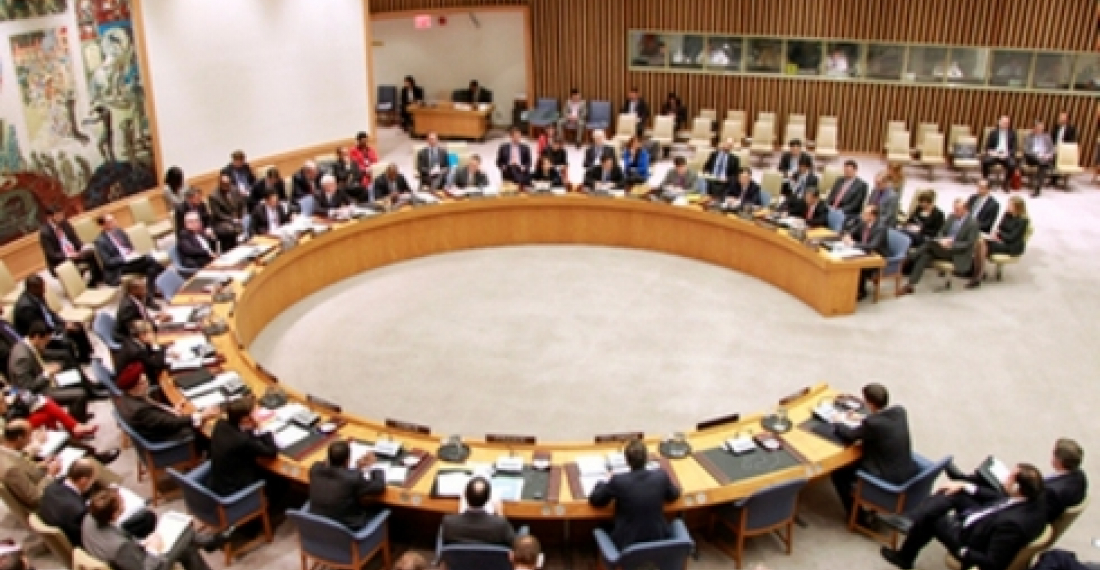Azerbaijan's Permanent Representative to the United Nations, Ambassador Agshin Mehdiyev, has submitted a 12-page letter to the UN Secretary-General and to the United Nations Security Council concerning the latest updates on the ceasefire violations on the line of contact separating Armenian and Azerbaijani forces around the Nagorno-Karabakh conflict zone.
In the letter Azerbaijan claims that during the months of October and November, the Armenian Armed Forces violated the cease fire 102 times. The letter states that "as a result of these violations, five servicemen of the armed forces of the Republic of Azerbaijan were killed and one civilian was wounded".
Azerbaijan has raised the issue of cease fire violations at the United Nations before, and there have been similar accusations from the Armenian side on previous occasions. However Azerbaijan since the begining of 2012 is a member of the Security Council and it is not clear if Azerbaijani diplomacy will now pursue the issues raised in the letter of Ambassador Mehdiyev at a Security Council meeting.
source: commonspace.eu with agencies
photo: The UN Security Council in session in November 2011 (archive photo courtesy of the UN)







